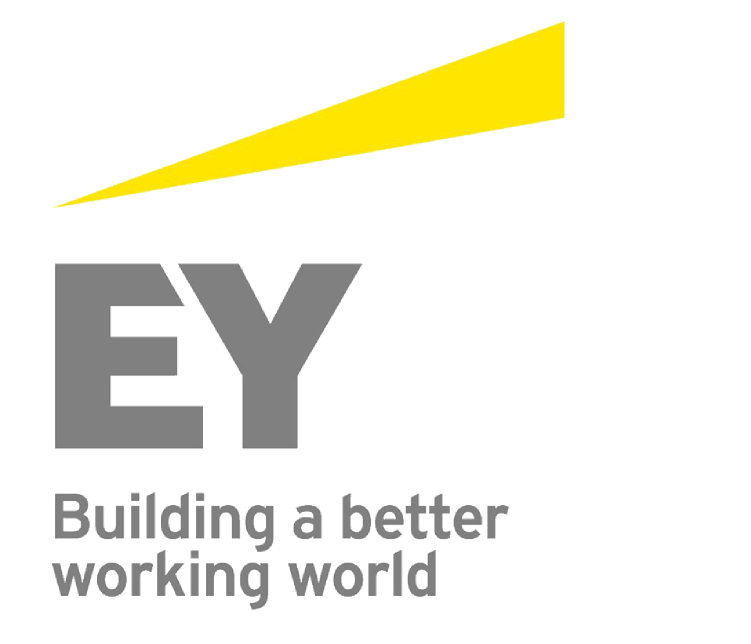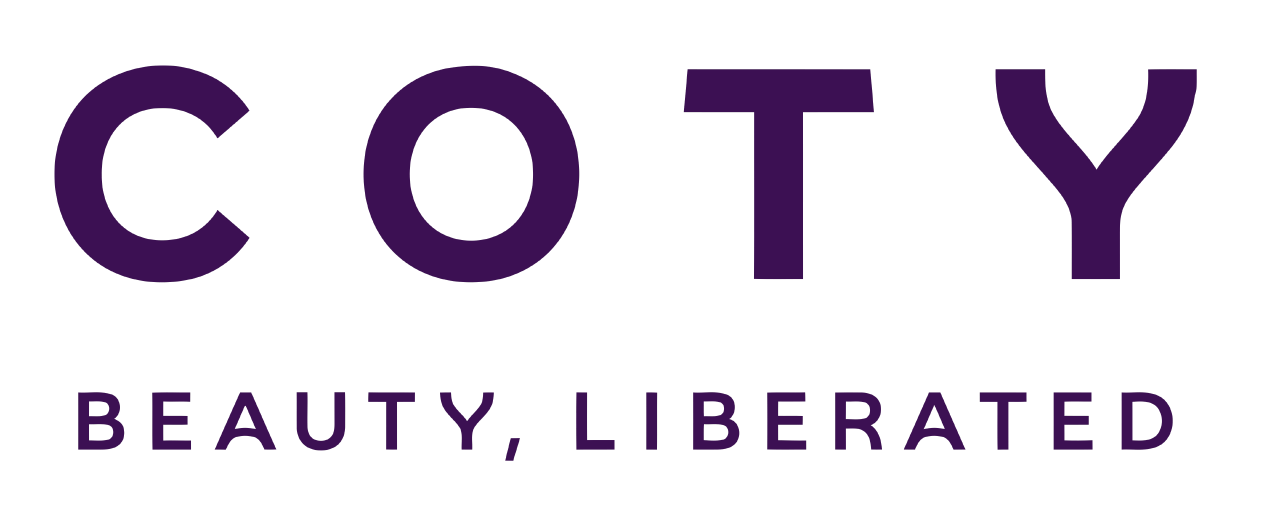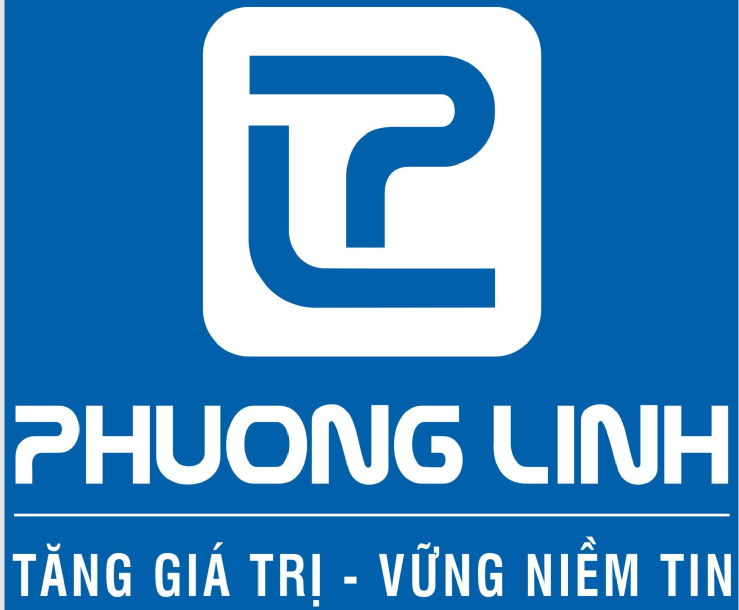Corporate event planning: A step-by-step guide for success
May 16, 2025
Corporate events can be the key to unlocking stronger business relationships, boosting brand image, and creating unforgettable experiences for clients and employees alike. But without a clear roadmap, organizing a seamless event can become overwhelming. In this guide, we’ll walk you through each essential step of the corporate event planning process.
Why is corporate event planning important?
Corporate event planning is vital in connecting business objectives with real-world impact. Far beyond managing schedules and venues, it ensures that every element of an event reflects the company’s mission, values, and long-term goals.
A strategically planned event strengthens brand identity by aligning the event's theme, tone, and messaging with your overall branding. This consistency reinforces your market presence and leaves a lasting impression on attendees, whether they’re clients, partners, or internal teams.
It also drives return on investment (ROI). Rather than being just a marketing expense, a well-executed event can generate tangible business results: new leads, stronger client engagement, and increased employee productivity. With proper planning, these outcomes can be measured and optimized.
Corporate events also offer an opportunity for strategic outreach. Whether launching a product, hosting a conference, or celebrating a company milestone, they allow you to communicate directly with your target audience in a curated environment — one that fosters engagement, trust, and brand loyalty.
Importantly, corporate event planning doesn’t just influence external outcomes. It also impacts internal culture. Events that are thoughtfully executed can enhance employee morale, build team cohesion, and foster a greater sense of belonging.
For clients, well-crafted experiences help deepen relationships and trust, making your brand more approachable and memorable.

Why is corporate event planning important?
Types of corporate events
Corporate events serve a wide range of strategic purposes. Understanding the various types of corporate events is essential to tailoring the planning process and achieving the right outcomes.
-
Conferences: Conferences are large-scale events designed for knowledge sharing and industry networking. They typically feature keynote speakers, breakout sessions, panel discussions, and exhibition areas. A thorough conference planning checklist is essential to manage content, logistics, and attendee engagement across multiple days.
-
Product launches: These high-impact events are tailored to introduce a new product or service to the market. The goal is to create buzz, attract media attention, and excite stakeholders. A successful product launch depends on immersive staging, compelling storytelling, and strong brand alignment.
-
Seminars and workshops: Smaller in scale but rich in content, seminars and workshops focus on delivering practical knowledge or training to a specific audience. These events are often interactive and require a setup that fosters learning and participation.
-
Team-building events are designed to enhance internal communication, trust, and collaboration. Whether through outdoor challenges, problem-solving games, or creative sessions, these events are vital for strengthening company culture and employee morale.
-
Trade shows and expos: These industry-focused gatherings allow companies to showcase their products or services to a wide audience, including potential clients, partners, and competitors. Trade shows require thoughtful booth design, branded materials, and strong on-site teams to maximize exposure.
-
Board meetings and executive retreats: These are high-level, private meetings that often center around strategic planning, performance reviews, or leadership development. They require a professional and discreet setting, as well as a structure that supports focused discussion and decision-making.
-
Corporate dinners and celebrations: Formal dinners, award ceremonies, or milestone celebrations are ideal for recognizing achievements and building relationships in a more relaxed, elegant setting. These events blend professional networking with meaningful appreciation, often leaving a strong emotional impression.

Types of corporate events
Steps to plan a corporate event
Planning a successful corporate event requires a clear roadmap — from aligning strategic goals to executing every detail with precision.
Define goals and objectives
Start by asking: What do we want to achieve with this event? Is it increasing brand awareness, launching a new product, or strengthening internal culture? Having well-defined goals sets the foundation for every planning decision that follows. Objectives should be specific, measurable, and tied directly to your business strategy.
Create a detailed plan and allocate a budget
Once your goals are in place, the next critical step is to develop a comprehensive plan that outlines the full scope of your event. This includes defining the event format (in-person, hybrid, or virtual), building a detailed timeline with key milestones, selecting potential venues, identifying key stakeholders, and mapping out the resources required. A thorough plan ensures alignment across departments and helps anticipate challenges early on.
Equally important is setting a realistic and well-structured budget. This serves as the financial blueprint for your event, allowing you to allocate funds strategically — whether it's for catering, speaker fees, branding materials, décor, or technical infrastructure. Proper budgeting minimizes last-minute surprises and helps you maximize impact within your financial limits.
At this stage, AV Vietnam becomes a vital partner in your planning process. As a trusted provider of event equipment rental solutions, we go beyond simply supplying hardware — we help you design a technical environment that elevates your event experience.
Our inventory includes high-quality sound systems, LED screens, stage structures, lighting rigs, podiums, and live-streaming setups, all tailored to suit events of various scales and styles.
More importantly, our expert technical team works closely with your event planners to assess venue constraints, suggest optimal equipment configurations, and ensure flawless execution from setup to breakdown. Whether you're organizing a high-level executive summit, a high-energy product launch, or a formal gala dinner, AV Vietnam ensures that every visual and audio element enhances your message and leaves a lasting impression on your audience.

Steps to plan a corporate event
Build a communication and marketing strategy
How will you reach your audience? A successful event relies heavily on clear communication before, during, and after the event. Develop a marketing plan that includes emails, social media, press releases, and event websites. Your messaging should be consistent with your brand and tailored to the target audience, whether they are clients, partners, or employees.
Plan to attract attendees
Driving attendance requires more than just sending out invites. Offer compelling reasons for people to show up: keynote speakers, exclusive content, networking opportunities, or unique experiences. Use registration tools, reminder emails, and early-bird offers to boost participation. Make sure the registration process is seamless and mobile-friendly.
Organize logistics
This is where detailed planning meets execution. From booking the venue and arranging catering to managing transportation and AV equipment, logistics can make or break your event experience. Work closely with vendors, service providers, and your internal team to create a master schedule — including setup, rehearsals, and contingency plans.
By partnering with AV Vietnam, you gain access to a full suite of event support services. Our experienced technicians and modern equipment ensure your technical setup is flawless, enhancing both the visual and auditory experience for every attendee.
Execute the event
The day of the event is when all planning must translate into smooth execution. Start by ensuring the venue is fully prepared, from technical systems and stage setup to signage and registration.
All team members and stakeholders should be briefed on their roles to avoid confusion and delays. Stick to the event timeline, but stay flexible for unexpected changes. Continuously monitor key aspects like guest flow, speaker transitions, and technical performance.
Evaluate and follow up after the event
Post-event evaluation is often overlooked but critical for long-term success. Collect feedback from attendees, sponsors, and staff to understand what worked and what could be improved. Analyze KPIs such as attendance rates, lead generation, or media coverage.
Send thank-you emails, share highlights on your digital platforms, and build on the event’s momentum. Use the insights gained to refine your strategy for future events.

Send thank-you emails after the event
Corporate event planning checklist
Even the most creative event concepts need structure to succeed — and that’s where a practical checklist comes in. Breaking down the planning process into key phases helps ensure no detail is overlooked and your team stays on track.
Before the event
-
Define objectives: Clearly outline the goals and desired outcomes of your event.
-
Assemble a team: Assign specific roles and responsibilities to team members.
-
Select date and venue: Choose a suitable date and secure an appropriate venue.
-
Establish budget: Create a realistic budget covering all event-related expenses.
-
Develop event plan: Build a timeline with milestones and contingency plans.
-
Book vendors and services: Confirm catering, audiovisual setup, and other logistics.
-
Promote the event: Launch a communication strategy across email, social, and media.
-
Manage registrations: Set up an efficient registration and attendee tracking system.
During the event
-
Conduct final checks: Review all installations, signage, and systems before start time.
-
Coordinate staff: Make sure every team member is present and briefed.
-
Monitor schedule: Keep the agenda on time and ensure smooth transitions.
-
Engage attendees: Foster interaction, participation, and networking.
-
Handle issues promptly: Be prepared to troubleshoot any unexpected challenges.
After the event
-
Gather feedback: Collect input from attendees, staff, and stakeholders.
-
Analyze outcomes: Compare results against your original goals and KPIs.
-
Express gratitude: Send thank-you notes to guests, partners, and speakers.
-
Conduct debriefing: Review lessons learned and identify areas for improvement.
-
Document insights: Create a summary report to inform future planning.

Corporate event planning checklist
Corporate event planning is a strategic process that requires clear objectives, meticulous coordination, and the ability to deliver a consistent brand experience. When each step is thoughtfully executed — from early planning through to post-event evaluation — the result is not just a successful event, but a meaningful extension of your company’s vision and values.
To support that success, having the right technical partner is essential. At AV Vietnam, we provide professional event equipment rental solutions that help ensure every detail of your event is executed with precision.
For event organizers seeking reliability, technical expertise, and seamless integration, AV Vietnam is ready to assist. Contact us via (+84) 939.311.911 to explore how our solutions can support your next corporate event.






